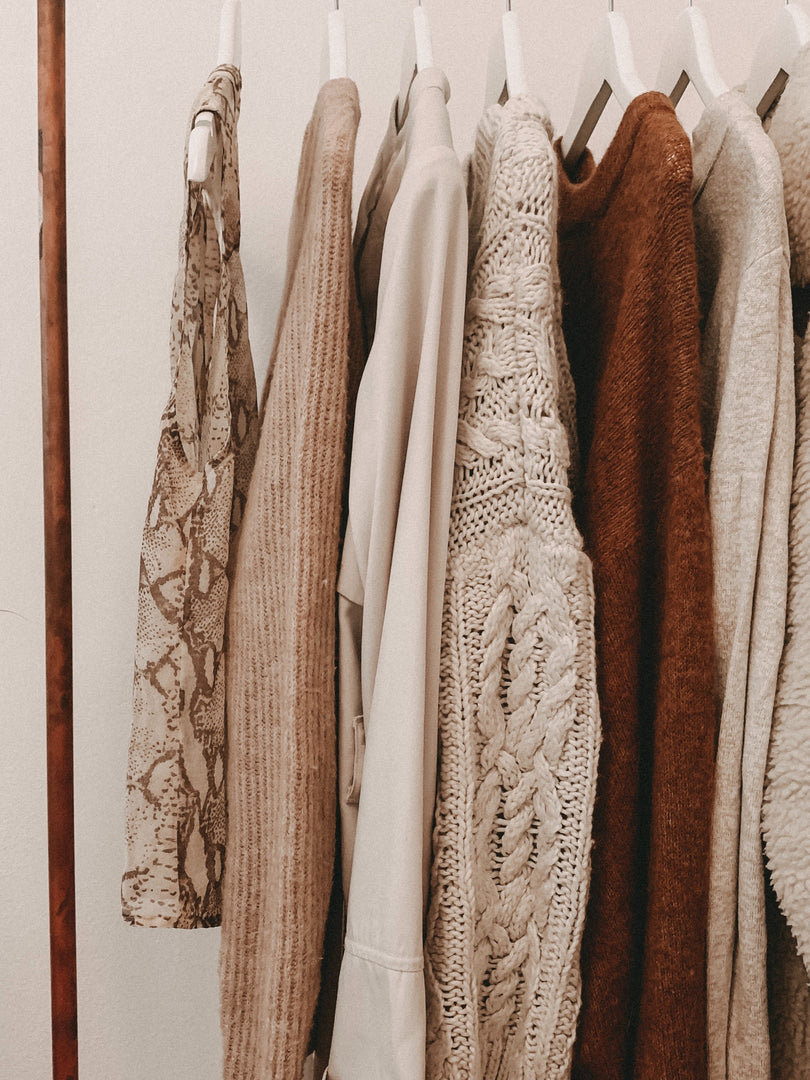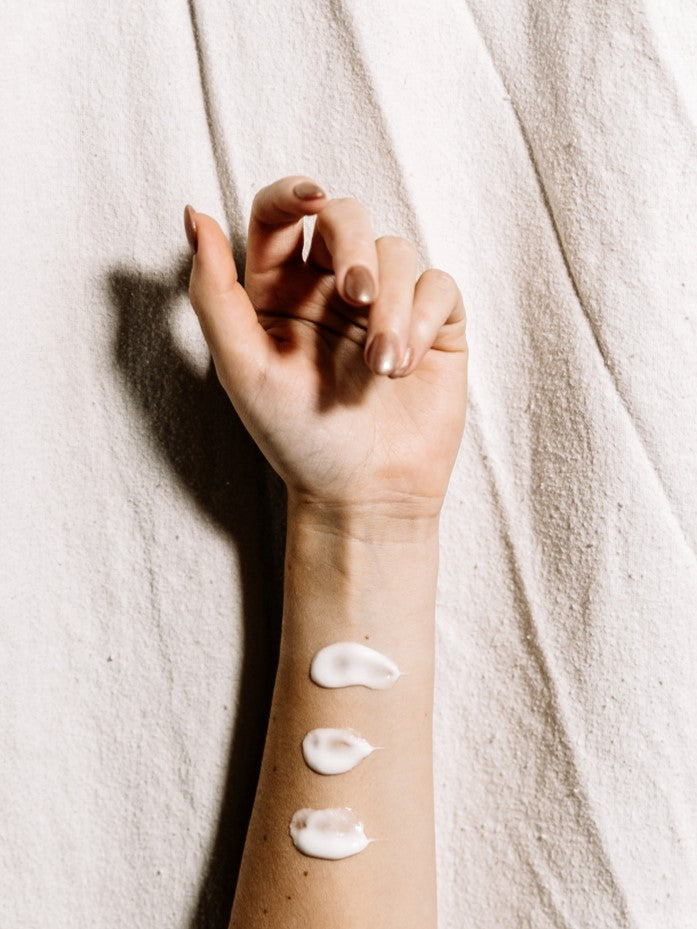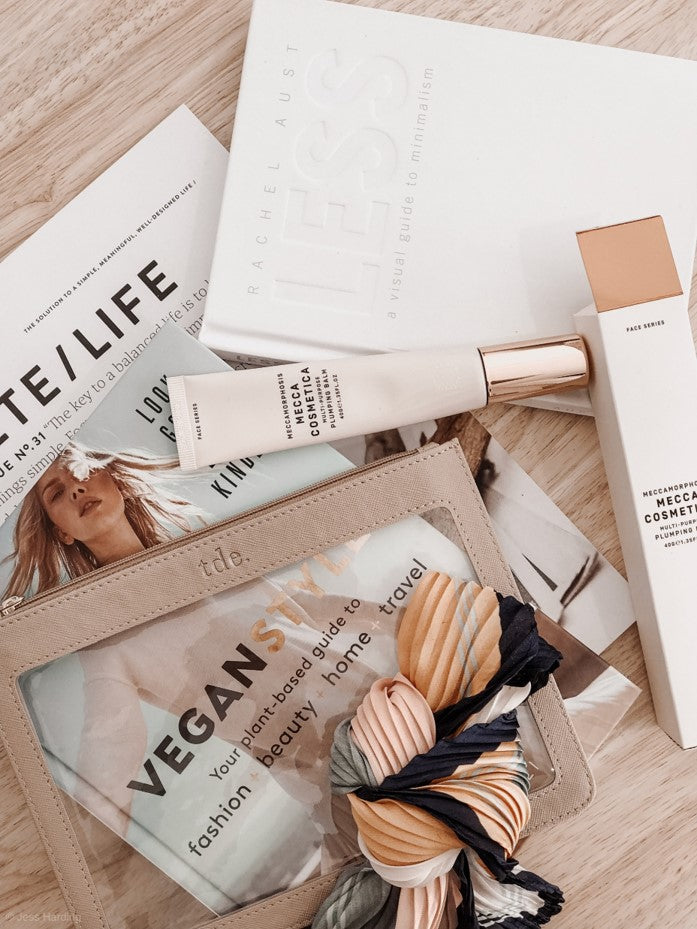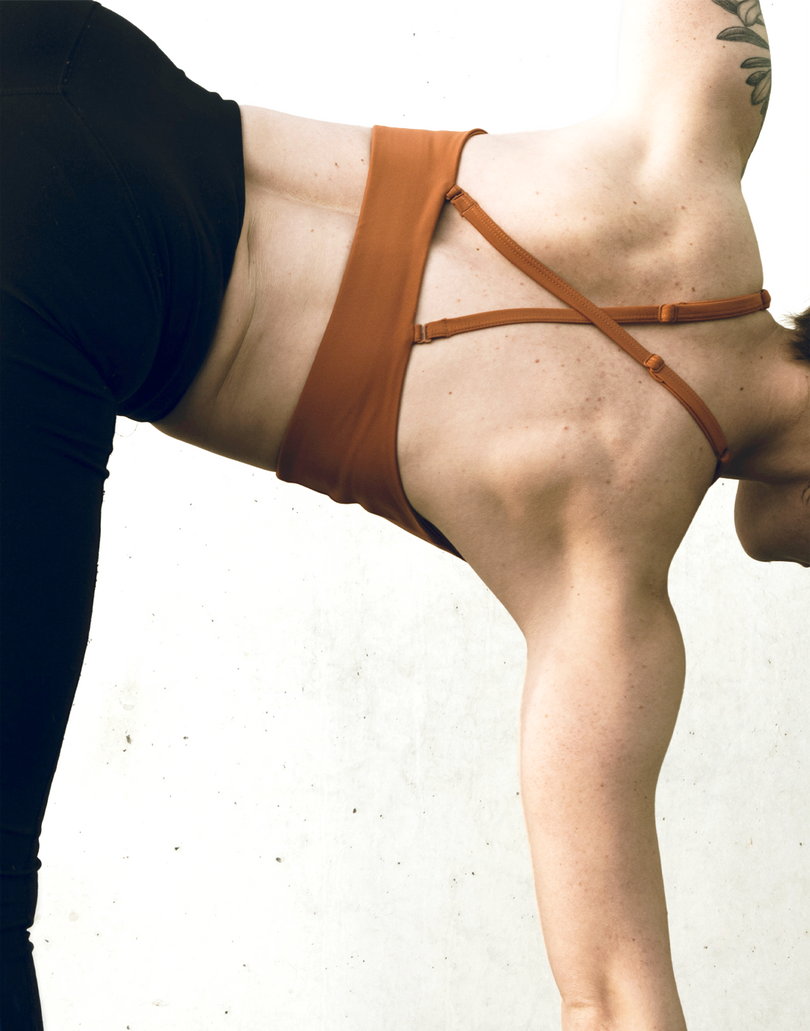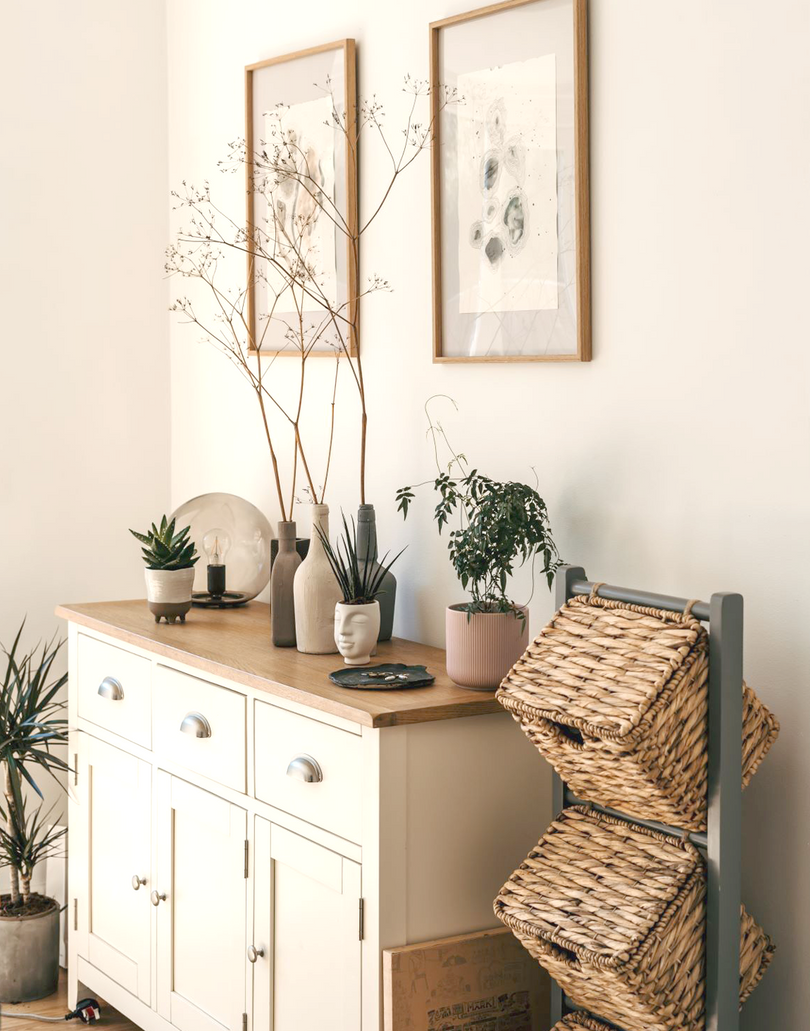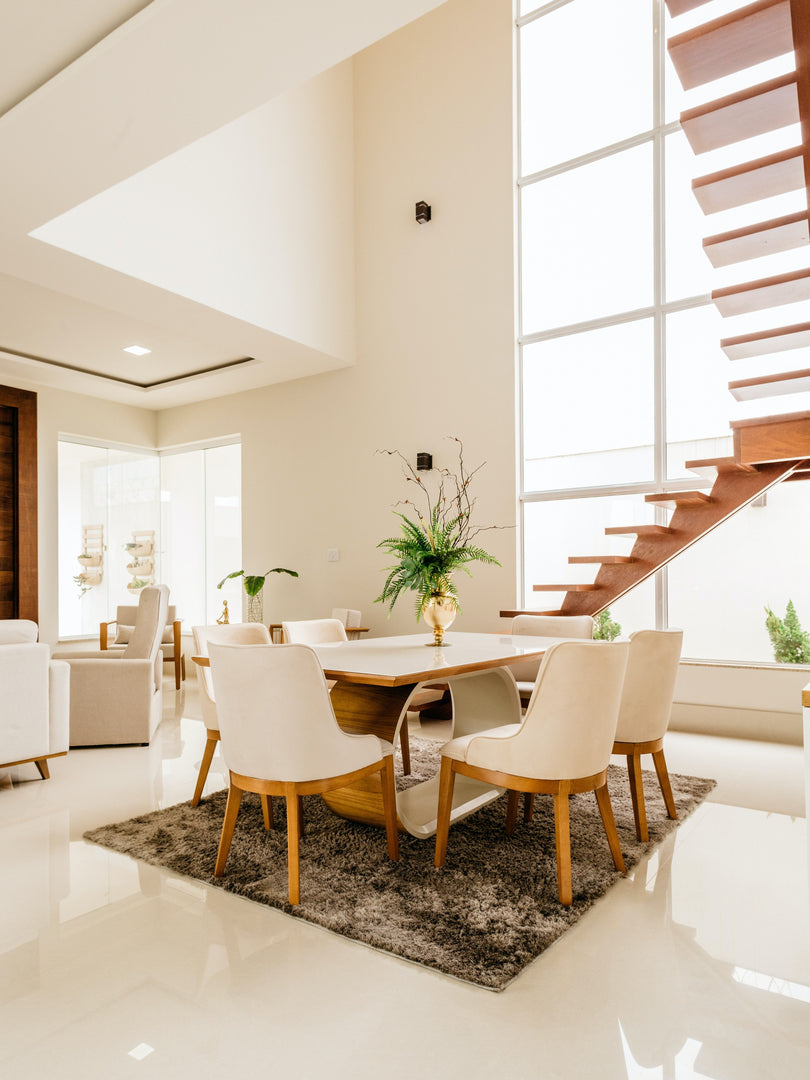On average we spend 90% of our lives indoors, and according to the EPA (United States Environmental Protection Agency) indoor air can be up to 5 times more polluted than outdoor air. Investing in a HEPA filter air purifier for your home is one of the smartest decisions you can make. By removing allergens, viruses and pollutants from the air, it will improve the quality of every breath you take and even protect those with underlying respiratory conditions.
How Do Household Contaminants Affect indoor air quality?
Dust: The #1 Problem
Biological contaminants in the home range from mold to mildew, dust mites, dead skin cells, pollen, paint particles, animal dander, and smoke from fireplaces, among many more. Dust, which is the collection of particles in the air that then land on surfaces, can particularly be very harmful to human health because it is often made up of phthalates (from soft plastics & vinyls), flame retardants, PFAS, and VOCs (from furniture), PFCs (stain repellents in carpets), heavy metals and even formaldehyde from our cleaning products. In a recent study, in household dust samples tested, 100% of the samples tested positive for the top 6 most common phthalates.
When we continuously touch and breathe in dust that contains toxic chemicals like phthalates, we are putting ourselves at risk for a myriad of health issues including developmental, immune, brain and most severely, reproductive issues. The National Institute of Environmental Sciences (NIEHS) has published articles discussing how chemicals in plastics, one of them being phthalates, can cause damage to babies brains as well as has been known to cause other reproductive issues such as undescended testes in baby boys and genital malformations. Other issues include lower sperm counts and testosterone in adult males. Furthermore, phthalates have been linked to asthma, cardiovascular issues, cancer and childhood obesity. All in all, it is wise to filter out as much of these toxins as possible from your household air.
Higher Risk Individuals
The extremity of dust's effect on our health is usually determined by the particle size, how much of it we are breathing in, and for how long. However, for those that struggle with respiratory diseases like asthma, emphysema, pulmonary fibrosis, and chronic obstructive airway disease (COAD), the smallest amount of dust can trigger negative symptoms. Those who suffer from asthma are at high risk of breathing in the small particles that float through the air. For most people, these smaller particles would simply pass through their nose and mouth, but for those with asthma and other respiratory diseases these small particles are more likely to make their way to the lungs. Along with dust all of these biological contaminants can have negative side effects such as sneezing, shortness of breath, and watery eyes.
In addition to those with respiratory diseases, children, elderly people, and pregnant women are more susceptible to these side effects. Children breathe more breaths per minute than adults do because of their small stature, meaning they would be breathing in more dust in a shorter period of time. They are also crawling on the floor more where dust congregates and often puts things in their months that have dust particles on them. Additionally, the older we get, our body's ability to compensate for the side effects of dust and poor air quality weakens. This is why elderly are at such high risks of experiencing negative symptoms.
Why HEPA Filter Air Purifiers are worth it!
It is important to choose an air purifier that specifically has a HEPA filter. By filtering out the fine particles we breathe in the air, HEPA filter air purifiers are most known to have health benefits regarding the lungs. However, a recent small-scale study conducted by the Journal of the American College of Cardiology, has shown that these air purifiers also are beneficial for the heart and the body's circulatory system. With the use of a HEPA Filter Air Purifier, improved blood pressure was reported along with improved respiratory function in those with asthma. HEPA filters can even catch and filter out viruses from the air including Coronavirus. HEPA filters can trap particles in the air as small as 0.3 micrometers in diameter. Depending on the air purifier you choose, most HEPA filters need to be changed every 6 months to 1 year. Air purifiers are one of the smartest investments you can make for yourself, your family, and your home and we’ve short listed our favorites for you!
Top 5 HEPA Filter Air Purifiers
1. IQAir

Photo by: IQAir
IQAir is the creator of the award winning HealthPro Plus. The HealthPro Plus has a HyperHEPA filtration system. The HyperHEPA filtration system traps particles that are floating through the air on filter materials. Before being available for purchase each HealthPro Plus is tested at IQAir’s production facility in Switzerland. The filter testing procedures require a performance of a minimum of 99.7% cleaner air.
The HealthPro Plus which can filter air in rooms up to 1,125 sq ft, has four filtration stages that make it a great option for all homes. The first stage being the “Pre Max-Micro Particle Filtration”. At this stage, ordinary air particles like pollen and dander from family pets are captured. The next two stages are “V5 Cell Granular Activated Carbon Adsorption” and “Pelletized Chemisorption”. These are the stages where odors in your home’s air are trapped. “HyperHEPA filtration” is the last stage and the one where viruses, bacteria, etc. are captured. HyperHEPA filtration is strong enough to filter viruses such as SARS-COV-2.
For IQ Air’s HealthPro series there are three replacement filters that you can purchase; each has a different time frame for replacement. The PreMax Pre-Filter (F1) which is $69.00, is efficient at trapping small and coarse particles in the air. The PreMax Pre-Filter (F1) should be replaced every eighteen months. The V5 Cell (F2) is $99.00 and should be replaced every two years, it is used for gas and odor control. Lastly the HyperHEPA (F3) filter is the most expensive being sold for $199.00, only needs to be replaced once every four years. The HyperHEPA (F3) is efficient at filtering the air of ultrafine particles. You can also purchase PF40 replacement filter pads for $55.00. Whether or not you decide to invest in an IQAir Purifier you can always use their Air Quality map to search the air quality where you live by simply adding your zip code.
2. Austin Air

Photo by: Austin Air
Austin Air is one of the wisest air purifiers on the market to invest in. As of now it is the only clinically proven air purifier on the market. It uses HEPA filtration technology and is recommended by several accredited health departments, such as the CDC, EPA, and WHO. Austin Air has partnered with universities such as Johns Hopkins University and the University of Washington. The brand has partnered with the Federal Emergency Management Agency (FEMA), American Red Cross, and American Academy of Pediatrics. The HEPA technology in an Austin Air purifier can remove up to 95% of contaminants in the air. The Austin Air HealthMate is an air purifier for everyone. It removes chemicals, odors, gasses, and will significantly improve the quality of air in your home. The HealthMate cleanses the air in rooms of 700 sq ft or less most efficiently. The Austin Air HealthMate is $715.00 and has a filter life expectancy of five years. When it did come time to have to replace the filter in the Healthmate it would cost $290.00.
3. AirDoctor

Photo by: AirDoctor
AirDoctor has a purifier perfect for everyone, ranging from the AirDoctor 3000 “The Classic Defender”($629), AirDoctor 5000 “Our Most Powerful Purifier”($999), and the AirDoctor 1000 “Small and Mighty”($399). The AirDoctor 3000 is the brand's classic air purifier; it is fit for bedrooms, living rooms, kitchens, etc. The AirDoctor 3000 circulates the air of a 638 sq ft room four times an hour and the air of a 1,274 sq ft room twice an hour. The AirDoctor 5000 is the quietest air purifier that the brand makes. According to the product description, this one also happens to work best in larger spaces. The AirDoctor 5000 circulates air in a 1,001 sq ft room four times an hour and the air in a 2,001sq ft room twice an hour. Lastly, the AirDoctor 1000 is most efficient in smaller rooms and spaces. The AirDoctor 1000 circulates air in a 285 sq ft room four times an hour and the air in a 570 sq ft room twice an hour. The filters have an UltraHEPA Filter in addition to the Dual Action Gas/ Carbon/ VOC filters. AirDoctor UltraHEPA filters can efficiently remove 99.97% SARS-CoV-2 (COVID-19). The AirDoctor 3000 Dual Action and Carbon/VOC replacement filter costs $79.99. The AirDoctor 5000 UltraHEPA, Dual Action, and Carbon/VOC filters are all sold in packs of two and are $125.00. The AirDoctor 1000 filter replacement pack includes an UltraHEPA filter and a Carbon/VOC filter and costs $79.99. HEPA filters only need to be changed once a year and all other AirDoctor filters will need to be changed every six months.
4. Molekule

Photo by: Molekule
Molekule Purifiers have been praised by the likes of Popular Science's 10 Greatest Inventions of the Year list, Times 25 Best Inventions list, and Rolling Stone Essentials 2021 list. This praise is much deserved considering the capability of a Molekule Purifier. Molekules PECO technology can destroy 99% of SARS-CoV-2 (COVID-19) in less than an hour of it being airborne. One of Molekules greatest abilities is that it not only does not emit ozone, but it is able to destroy it. Purifiers range from the Air Pro which works best in spaces up to 1,000 sq ft and is the pricier option with a price tag of $999.99. The Air Pro is able to clear the air of VOCs, CO2, and humidity. Finally the Air Mini+ is $499.99 and is best in a space of 250 sq ft and works as a particle sensor. Molekule Purifier filters last an average of six months. The Air Pro replacement filter is $159.99 and the Air Mini+ replacement filter is $89.99.
5. Oransi Mod HEPA Air Purifier

Photo by: Oransi
The Oransi Mod HEPA Air Purifier is best fit in a space of 1.250 sq ft. Making it an ideal air purifier for your bedroom, living room, or basement. The Oransi Mod HEPA Air Purifier is a pricier option being that it is sold for $599.00. Despite its expensive price tag, if you purchase a Oransi Mod HEPA Air Purifier you will get good use out of it. If continuously run the motor will slow down periodically to ensure a long lifespan of the motor. The filter on an Oransi Mod HEPA Air Purifier needs to be changed every 4,500 hours of operation. So theoretically if you were to run it 24 hours a day, you would need to change the filter every 187.5 days. A replacement filter for the Mod HEPA Air Purifier is $75.00. With powerful HEPA technology this air purifier successfully cleans the air of pollen, pet dander, dust, mold, and smoke particles. Oransi’s Mod HEPA filter is capable of removing up to 99.6% of viruses’ airborne particles.
A HEPA filter air purifier is one of the smartest investments you can make for your home and for your family’s health. Considering the ongoing COVID-19 pandemic now is one of the best times to consider getting one. Although purchasing a state-of-the-art air purifier comes with a hefty price tag, it will save you in the long run. The treatments and medical bills of respiratory illnesses can be significant, and air purifiers have been tested and proven to greatly reduce the symptoms of these illnesses.
Sources:
- https://health.clevelandclinic.org/can-air-purifiers-improve-lung-heart-health/
- https://www.jacc.org/doi/10.1016/j.jacc.2015.03.553
- https://www.epa.gov/indoor-air-quality-iaq/biological-pollutants-impact-indoor-air-quality.
- https://www.aafa.org/air-pollution-smog-asthma/
- https://www.iqair.com/us/air-purifiers/healthpro-series
- https://austinair.com/
- https://airdoctorpro.com/purifiers
- https://molekule.com/
- https://oransi.com/products/mod-hepa-air-purifier
- https://www.healthywa.wa.gov.au/Articles/F_I/Health-effects-of-dust
- https://www.who.int/news/item/29-10-2018-more-than-90-of-the-worlds-children-breathe-toxic-air-every-day
- https://www.airnow.gov/air-quality-and-health/older-adults/
- https://news.columbia.edu/news/do-hepa-filters-really-catch-coronavirus-particles
- https://www.epa.gov/iaq-schools/why-indoor-air-quality-important-schools
- https://www.nrdc.org/resources/not-just-dirt-toxic-chemicals-indoor-dust
- https://pubs.acs.org/doi/abs/10.1021/acs.est.0c00229
- https://www.niehs.nih.gov/health/topics/agents/air-pollution/index.cfm


